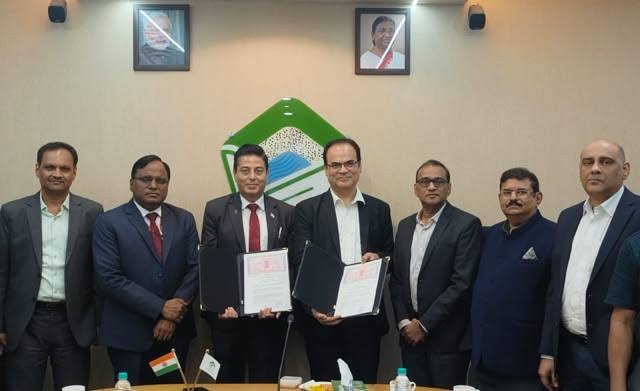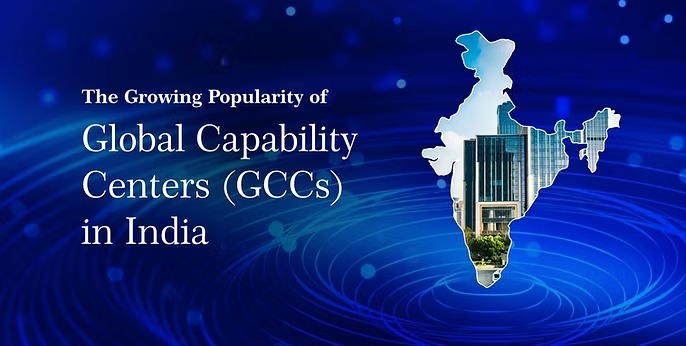India took a decisive step today toward self-reliance in the vital sector of rare earth elements and other critical minerals, as Oil India Limited (OIL) and IREL (India) Limited signed a landmark Memorandum of Understanding (MoU) in Mumbai on August 7, 2025. This collaboration is widely recognized as pivotal to reducing India’s import dependence and advancing the nation’s technological ambitions.
Introductory Overview
The MoU between OIL, traditionally engaged in oil and gas extraction, and IREL, a leading player in mining and processing mineral sands and rare earths, underscores the government’s strategy to diversify and fortify India’s critical mineral supply chain. Both enterprises are key public sector undertakings (PSUs) identified under the government’s National Critical Mineral Mission, aimed at achieving resource security for future energy, electronics, defense, and renewable technology needs.
Key Highlights
-
The signing took place in Mumbai, with both parties agreeing to collaborate on the exploration, mining, extraction, and refining of critical minerals and rare earth elements.
-
The partnership aims to ensure a sustainable and reliable supply of strategic minerals required for high-tech industries, clean energy, and national security.
-
This MoU comes at a time when India is actively seeking to reduce import dependence in sectors deemed crucial for energy security and industrial growth.
Scope of Collaboration
Resource Diversification and Supply Security
OIL is expanding its footprint beyond oil and gas, responding to the burgeoning demand for minerals like lithium, cobalt, nickel, and various rare earth elements, all indispensable for electronics, batteries, and green technologies.
IREL brings expertise in mining and processing, operating major rare earth and mineral sand facilities in Odisha, Kerala, and Tamil Nadu, employing both advanced physical and chemical separation techniques.
National Critical Mineral Mission Context
Both entities are central to the government’s National Critical Mineral Mission, launched to transition India from a predominantly import-dependent economy to a global producer and exporter of critical minerals and rare earths.
The collaboration will focus on joint ventures in exploration, technology development, and eventually the production of high-purity rare earth oxides, with possible downstream ventures in magnets and electronic components.
By joining forces, OIL and IREL can pool financial, technical, and human resources, maximizing domestic discovery, and tapping into international sources as required.
Strategic Importance for India
Rare earths and critical minerals are essential raw materials in clean energy, electric mobility, telecommunications, defense systems, and semiconductor manufacturing.
Currently, India relies almost entirely on imports for key minerals, making it vulnerable to global supply chain disruptions.
The government has outlined ambitious plans to move up the critical mineral value chain, boosting domestic production, refining, and recycling capacities to establish India as a competitive global supplier.
Industry and Policy Responses
The MoU reflects broader policy efforts, including government facilitation for resource auctions, R&D funding, technology transfers, and domestic capacity building.
The move has garnered positive responses from industry observers, who note the urgency of investing in strategic mineral assets and building resilience against external shocks.
Implications and Future Direction
The OIL-IREL partnership serves as a blueprint for similar alliances across India’s public and private sectors, uniting expertise across traditional energy and advanced materials.
As global competition for rare earths intensifies, India’s proactive measures position it favorably in the evolving landscape of critical mineral supply.
This strategic cooperation is expected to yield tangible progress in secure, sustainable mineral sourcing, laying the foundation for advances in renewable energy, battery manufacturing, and high-tech industries.
Today’s development thus represents not just an industrial agreement but a strategic move toward ensuring India’s long-term energy and technological sovereignty.
Source: Business Standard, The New Indian Express



